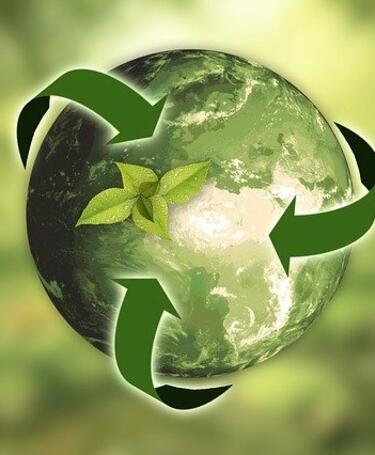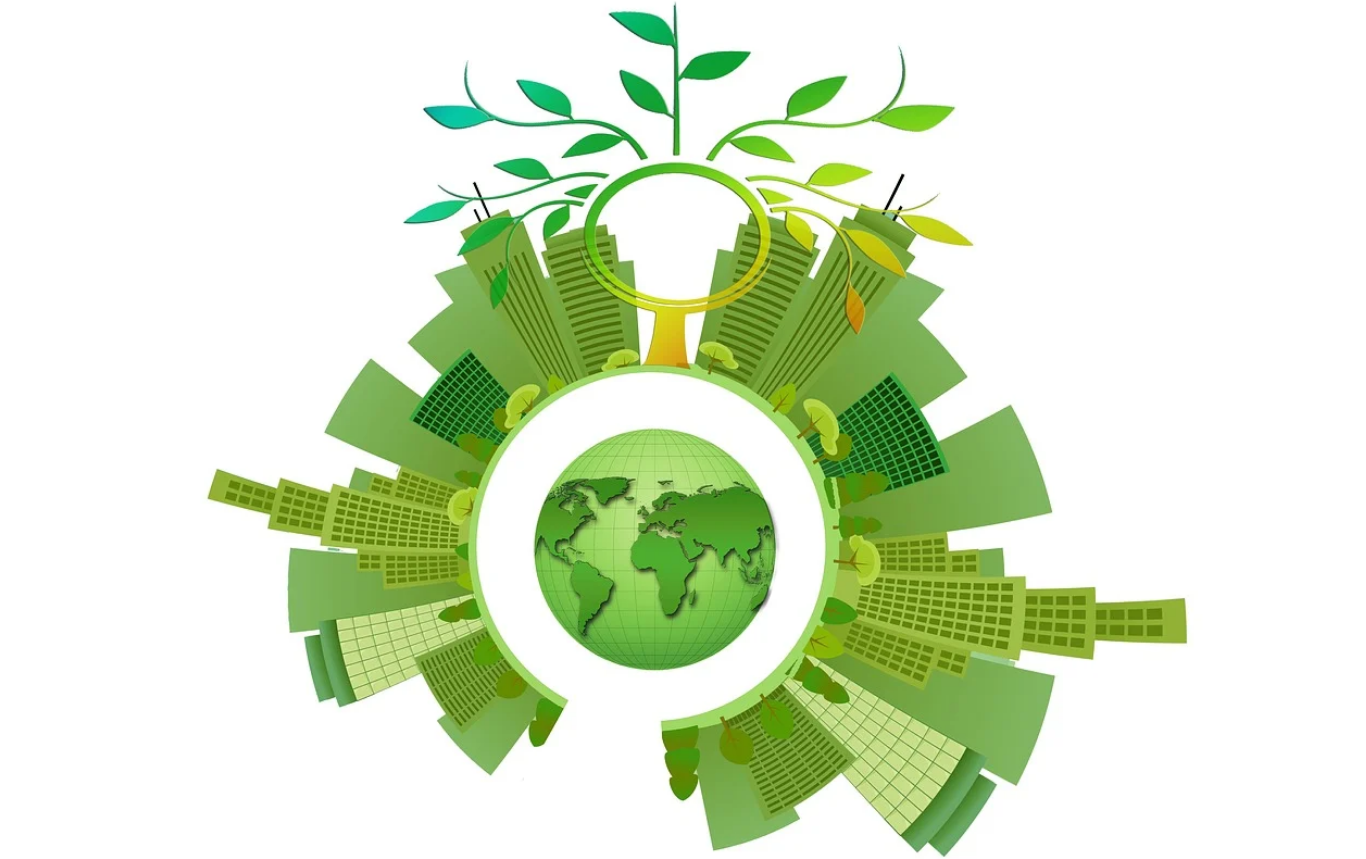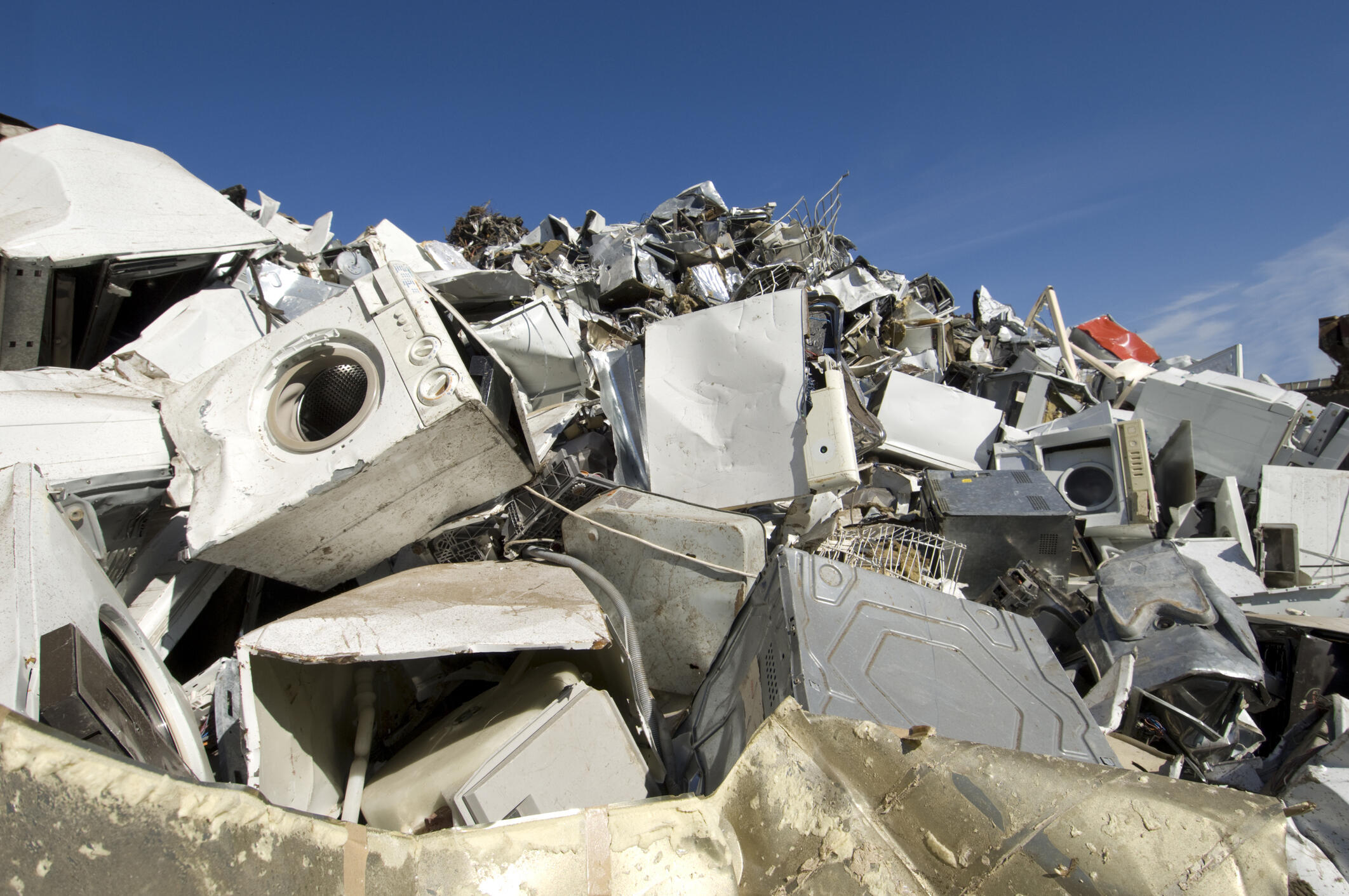
Quality that lasts: Is our throwaway society changing?
The eco-design of good quality products is becoming increasingly important. We’ve recently seen more demand for eco-friendly design standards, first for energy efficiency and now for the total lifetime impact that a product has on the world’s resources.

The EU led the initial drive, but the UK government is now matching this, and Brexit won’t change its position. Both manufacturers and consumers will have to get used to creating, repairing, reusing, and recycling better quality and longer-lasting products. This is where quality management comes in: it has a crucial part to play in sustainability for both business and society.
The UK’s load of rubbish
As the world’s second-worst offender for electronic waste (Norway tops the list), the UK generates a total of 29.5kg of electronic waste per person compared to 7.3kg globally. This might not sound like much but try carrying 30 bags of sugar. What’s more, a report by the Green Alliance found that our environmental impact goes beyond how we manage our rubbish and recycling. We’re also depleting resources of key metals, which are being manufactured at 10 times the rate that they are being mined.
Quality is far more than what is produced
Until recently, the reliability of products was based on what customers expect rather than on regulation. Rapidly developing technologies have not only shortened product lifecycles, but they have also affected our need for products that last. As consumers, we seem to be more wowed by unpacking, using it, and owning it.
But what we call quality is changing and will develop further as we become more concerned by the longer-term damage that the products we buy have on the environment. There is also the opportunity for regulators to enter the game with standards that make it compulsory for manufacturers to embrace responsible design as well as delivery.
The Green Alliance is already calling for more stringent criteria to make:
- Products durable, repairable, and upgradeable. This includes carefully considering how recyclable and raw materials are used
- 10-year warranty promises as the standard for some white goods. If current proposals become a reality, we could soon have ‘product passports’ that include warranty, social and environmental information

Our circular economy is expanding
The world is starting to take more responsibility for design and delivery as part of building a circular economy. This involves moving away from take-make- waste approaches to care-share-repair solutions. Focusing on total product lifecycles is set to become the norm as the public become more environmentally aware, more demanding, and more powerful on social media.
No business involved in supplying products to customers can ignore what’s happening in the market. And change could suddenly move rapidly and be either an opportunity or a threat.
A bright future for quality management?
Using quality management principles, practices, and tools in the right way will help to meet society’s demands by:
- Designing for quality and reliability to extend product lifetimes and conserve scarce resources
- Producing responsibly to reduce irreclaimable waste
- Making better use of products to counter climate change and help to protect our planet for generations to come
The CQI is leading the way on the sustainability agenda. Our aim is to dispel myths that quality is all about inspection and management systems like ISO 9001 and support professionals to address the challenges of a greener economy. And ‘green’ can also be ‘lean’; it doesn’t have to come at a cost.
Quality from end-to-end is what we need to meet the climate change demands of the next decade.
Find out more about the CQI and our future plans.
